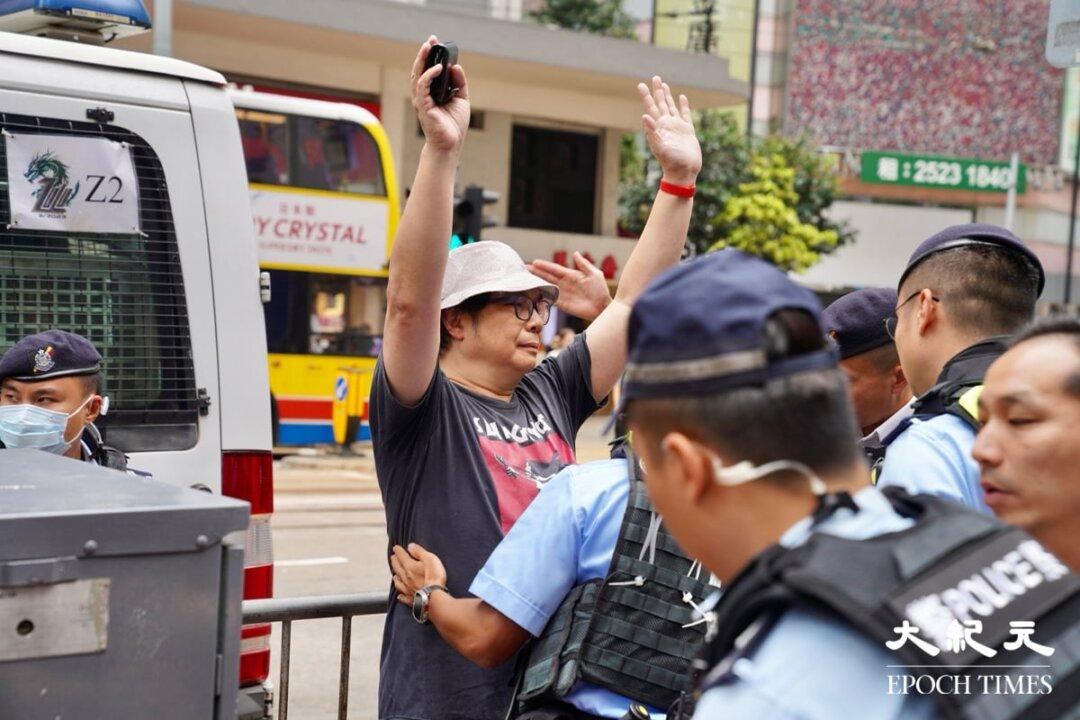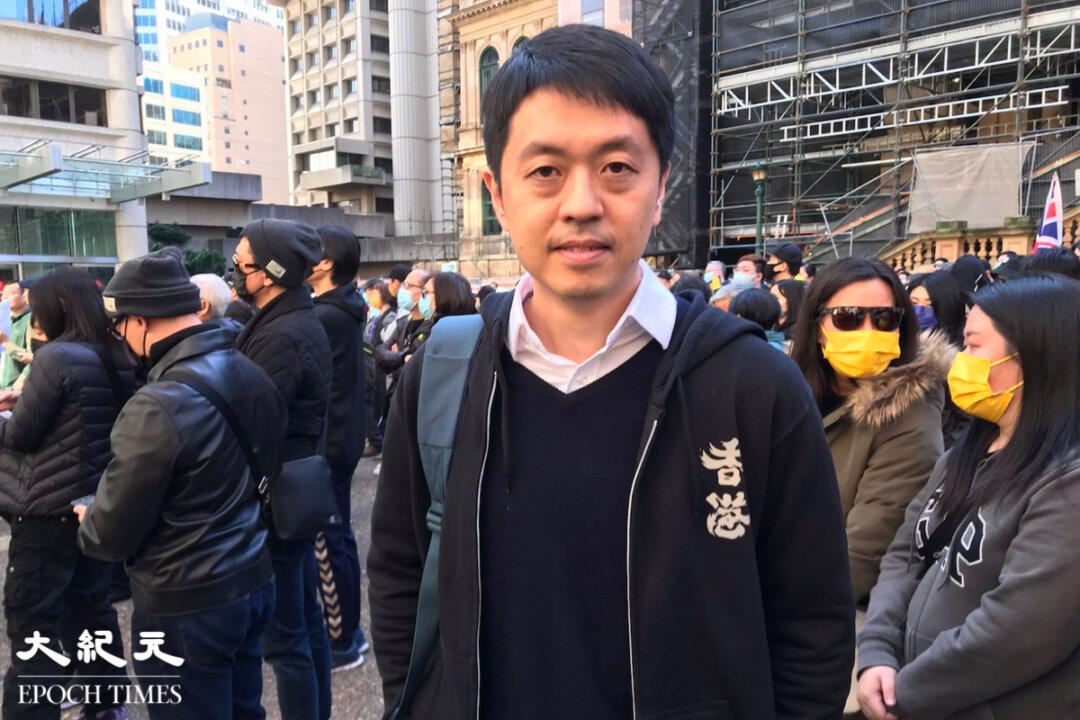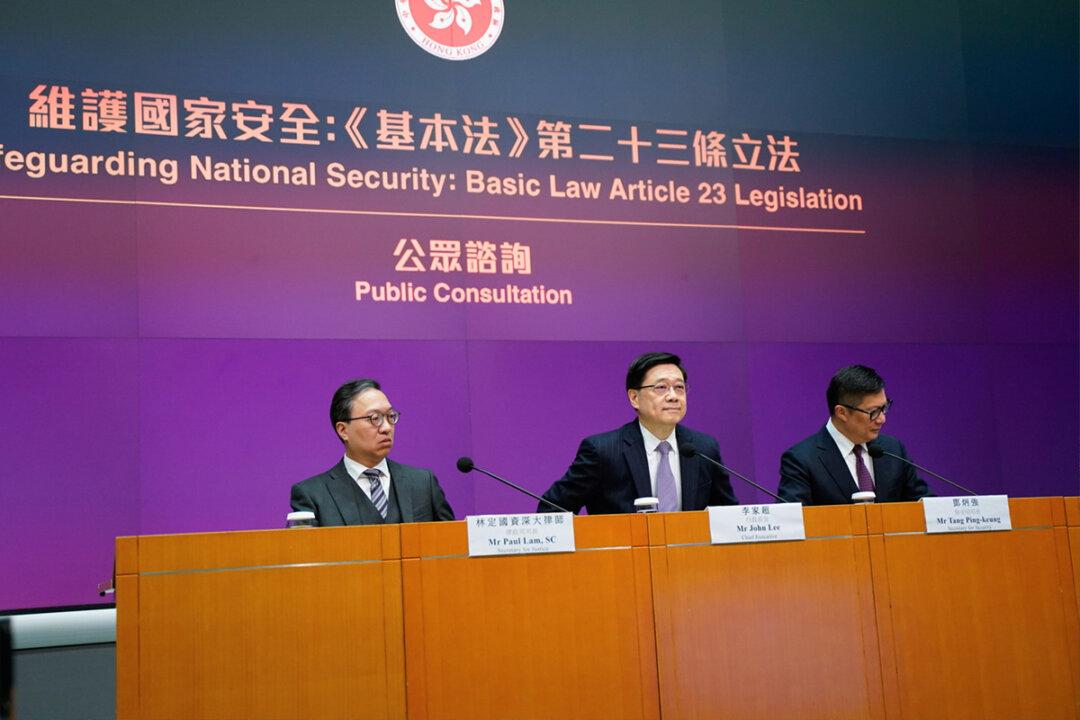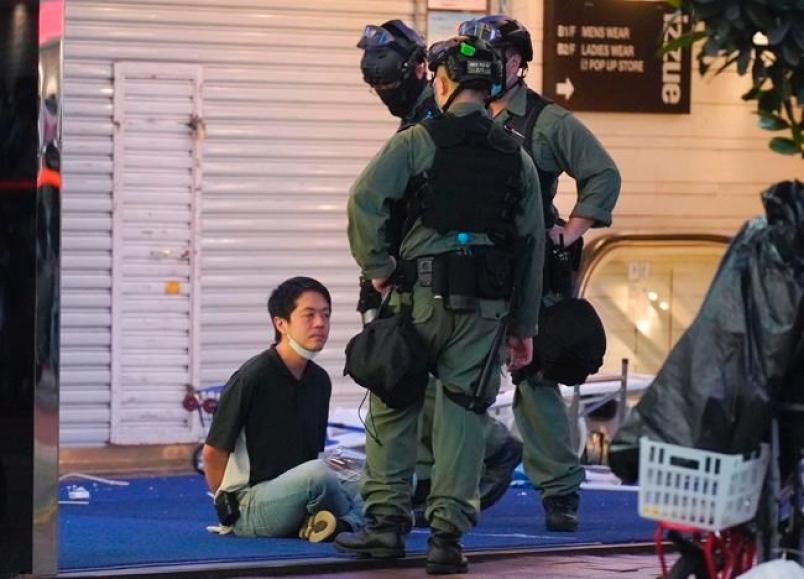Old Hong Kong films dating back decades or even half a century are currently playing in the “Made in Hong Kong Film Festival” held in Washington. In the meantime, contemporary movies were banned from the territory in the post-National Security Law era. Overseas Hongkongers slammed the Washington event and helped the banned films be presented in Britain.
National Museum of Asian Art (NMAA) organized the film festival with “generous support” from Hong Kong Commissioner for Economic and Trade Affairs, which met with objections from Hongkongers.




